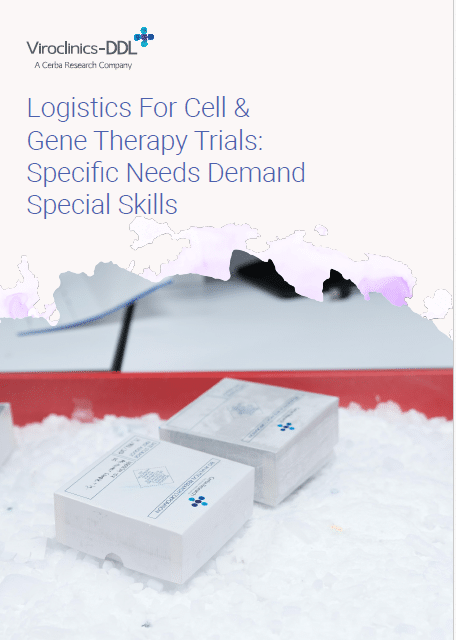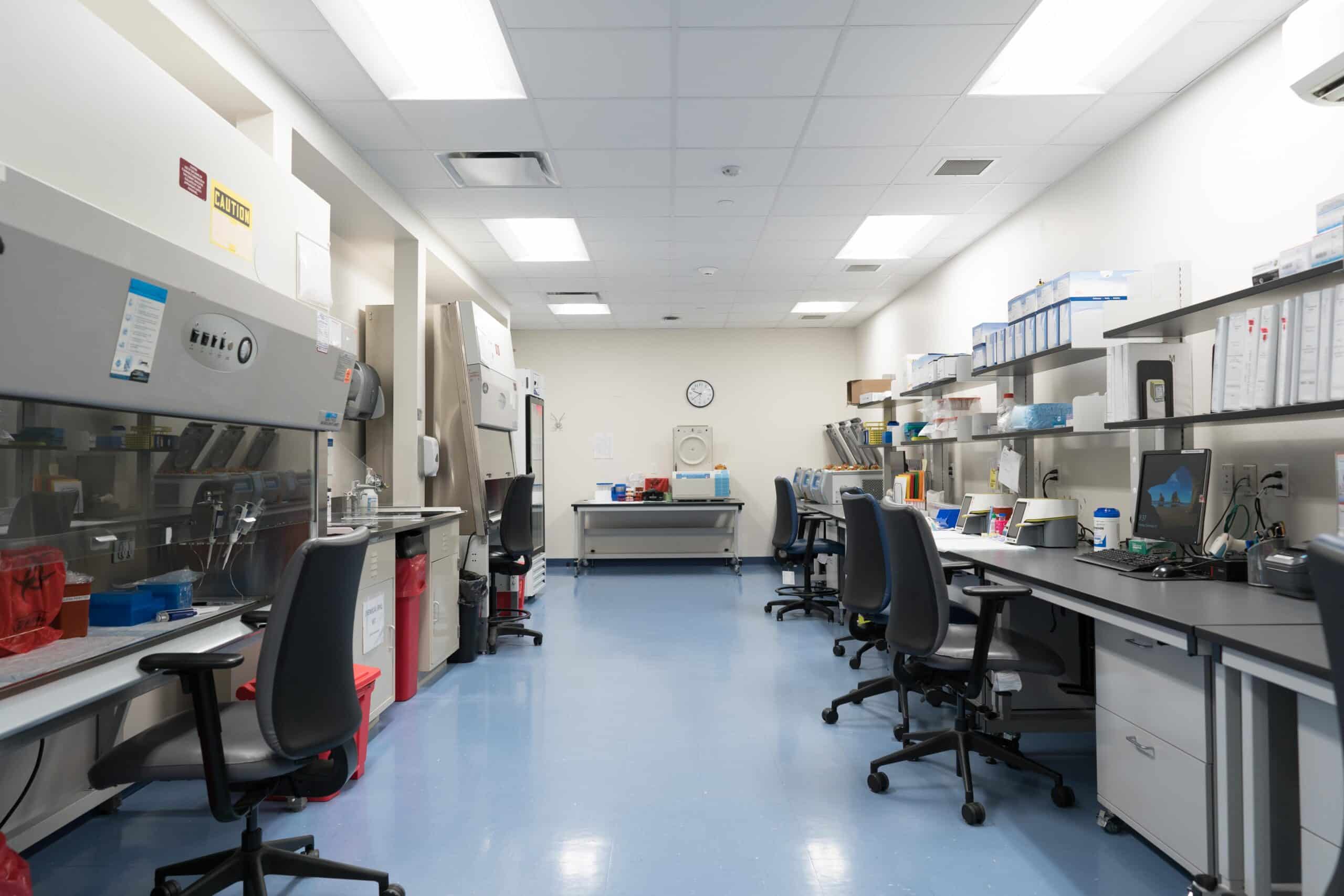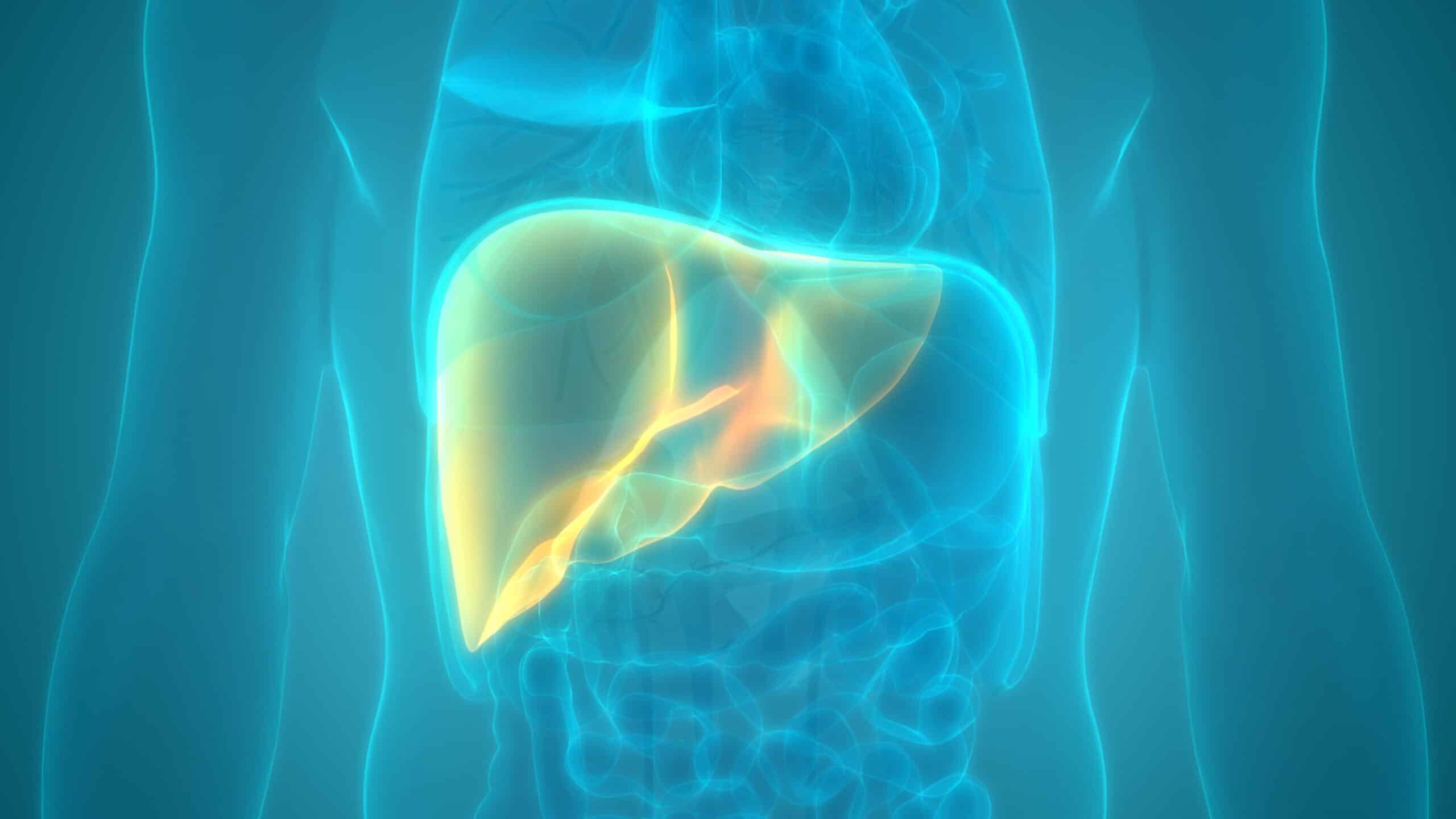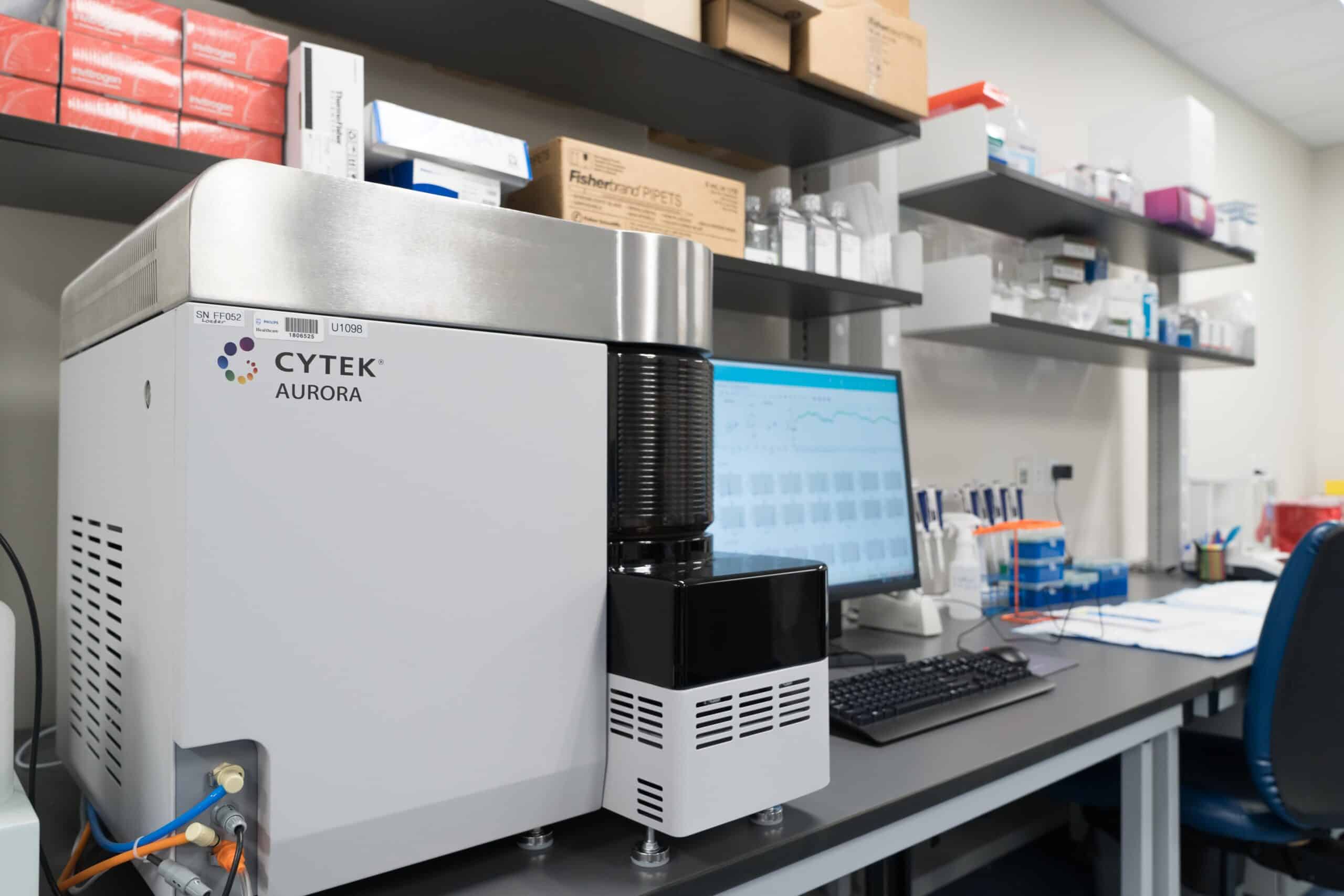At Cerba Research, we’ve harnessed over 35 years of unparalleled expertise in handling logistical clinical trials. Our robust logistics infrastructure is the cornerstone of swift and secure transportation, ensuring the seamless journey of delicate virological and PBMC samples from patients to laboratories.
In the whitepaper “10 Best Practices in Clinical Trial Operations for Virology Studies.” we dive into the world of cutting-edge strategies and expert insights in clinical trial operations for virology studies from a practical point of view.
Key Topics Covered:
🔍 ROI and Clinical Trial Operations Management: Discover how optimizing operations can drive remarkable returns on investment, enhancing the success of your virology studies.
📊 Clinical Trial Operations KPIs: Delve into the metrics that truly matter, gaining insights into monitoring and measuring success effectively.
⚖️ Capacity and Demand Differences: Learn how to navigate the dynamic balance between capacity and demand to ensure your trials stay on track.
📚 Training & Knowledge Sharing in the Supply Chain: Elevate your supply chain with strategies for fostering knowledge sharing and empowering your team.
💡 Process Optimization: Streamline your operations for maximum efficiency, minimizing delays and maximizing outcomes.
🔗 Data Management in Clinical Trials: Master the art of data handling and management, a critical component of successful virology studies.
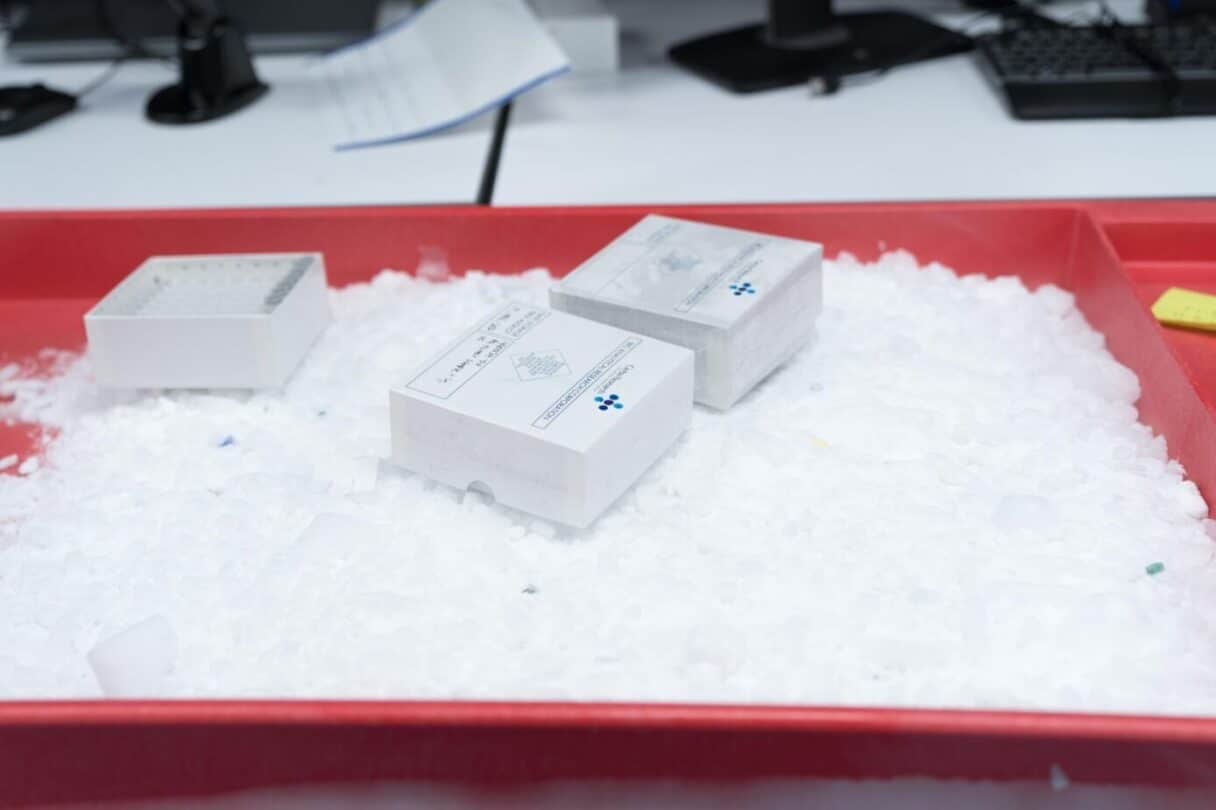
White paper – Lessons Learned: 10 Best Practices in Clinical Trial Operations for Virology Studies
Reach out to our experts and discover how we can help you transform your research and advance health in the field of immune repertoire sequencing.


